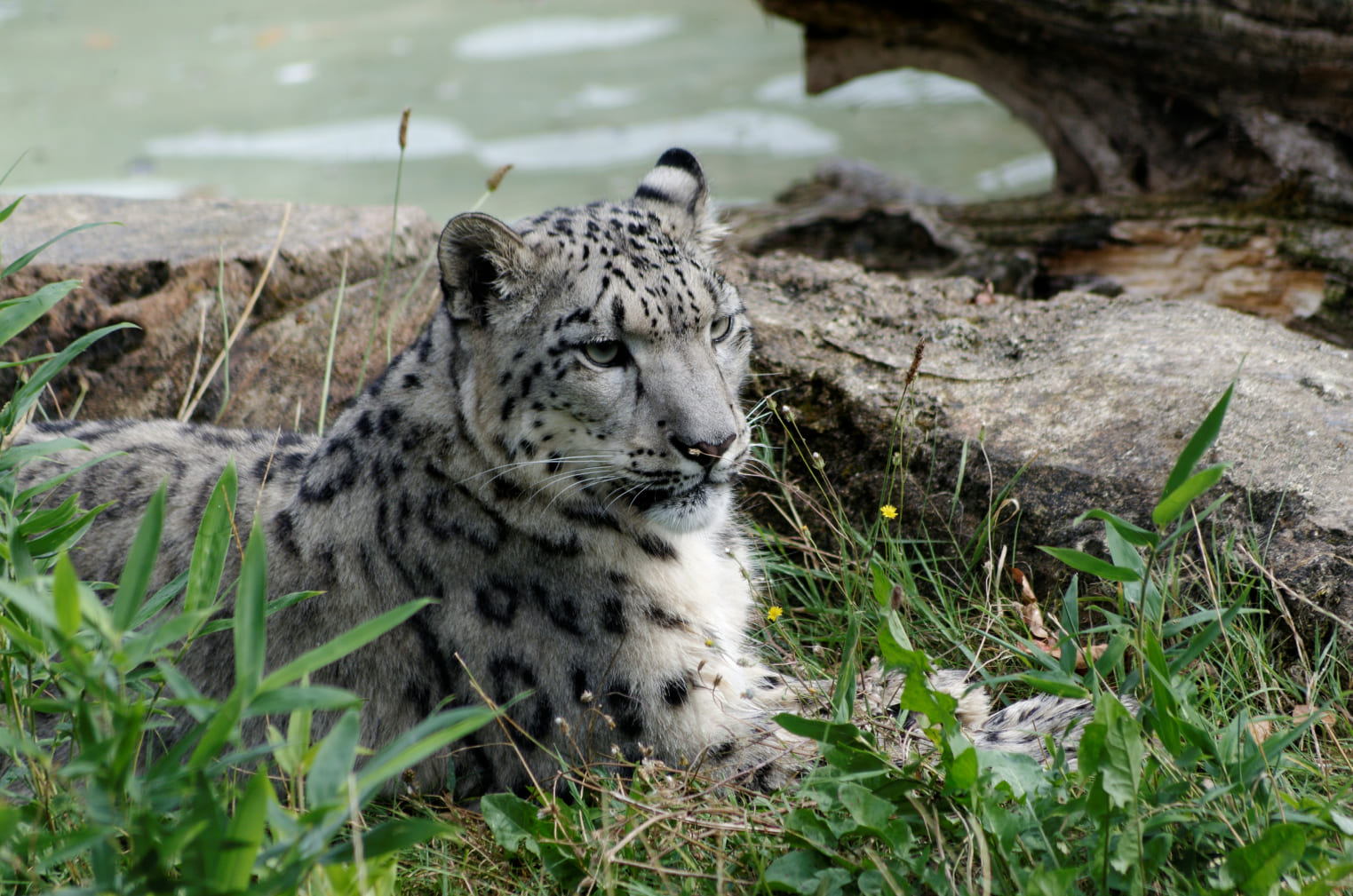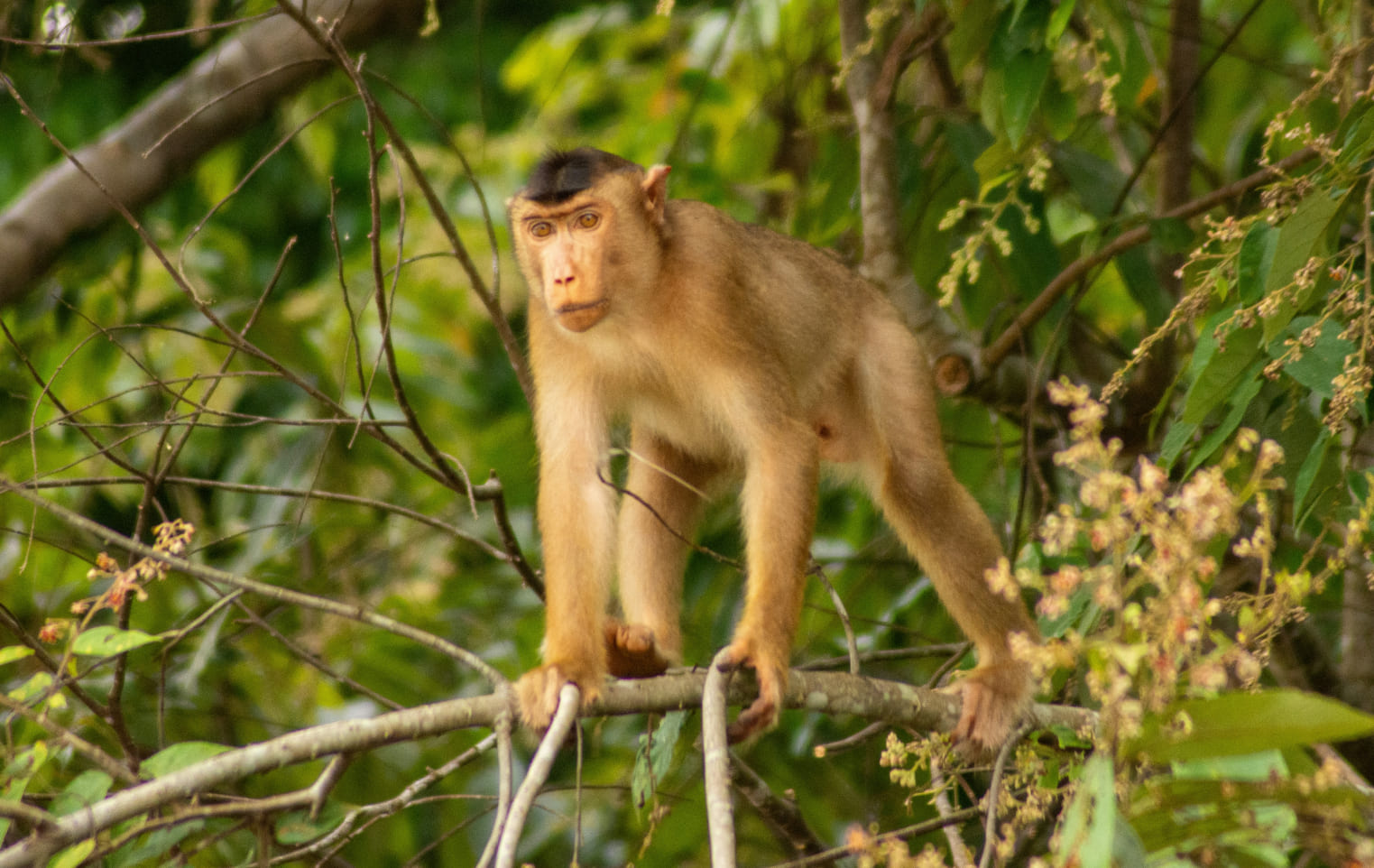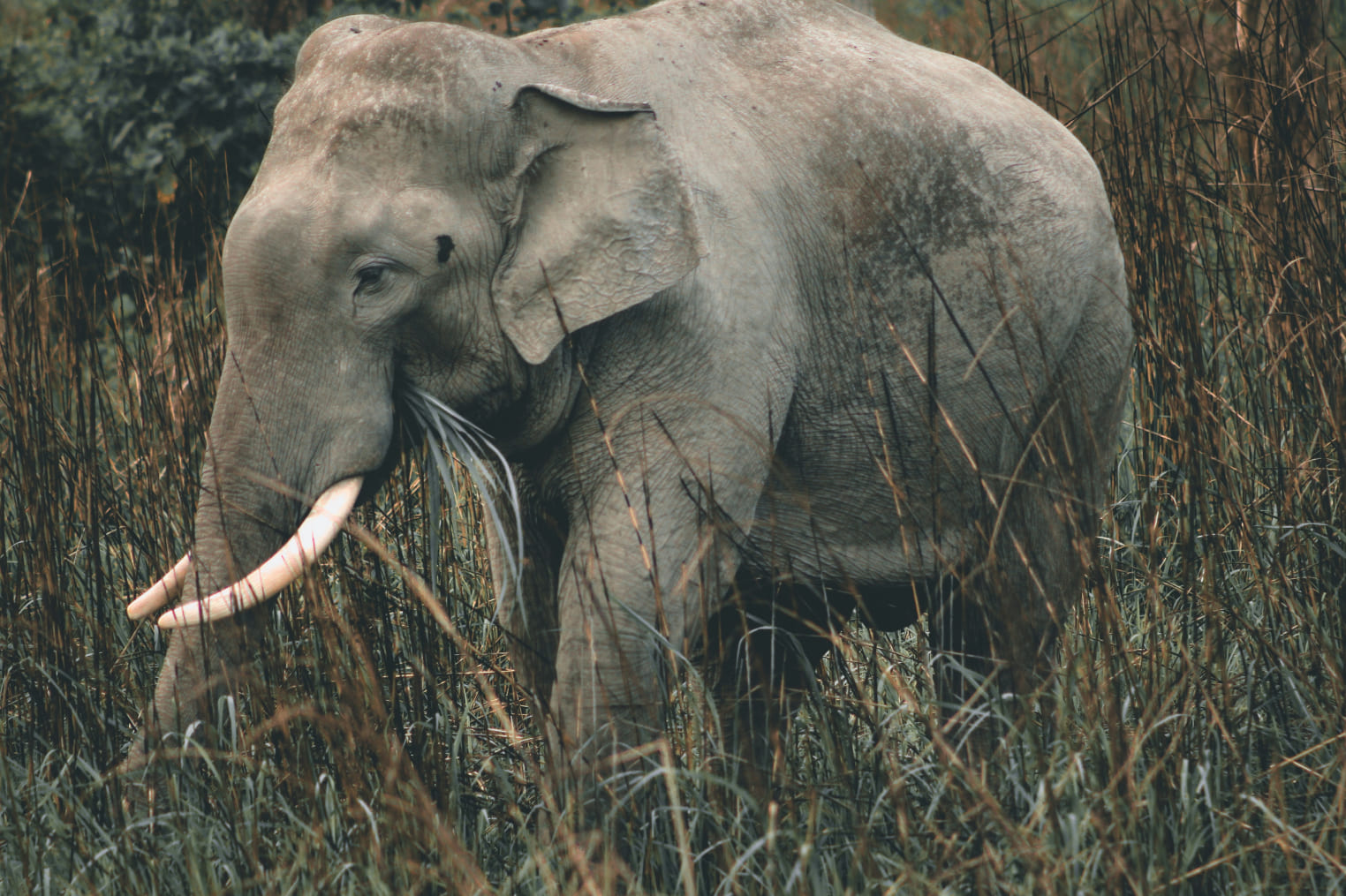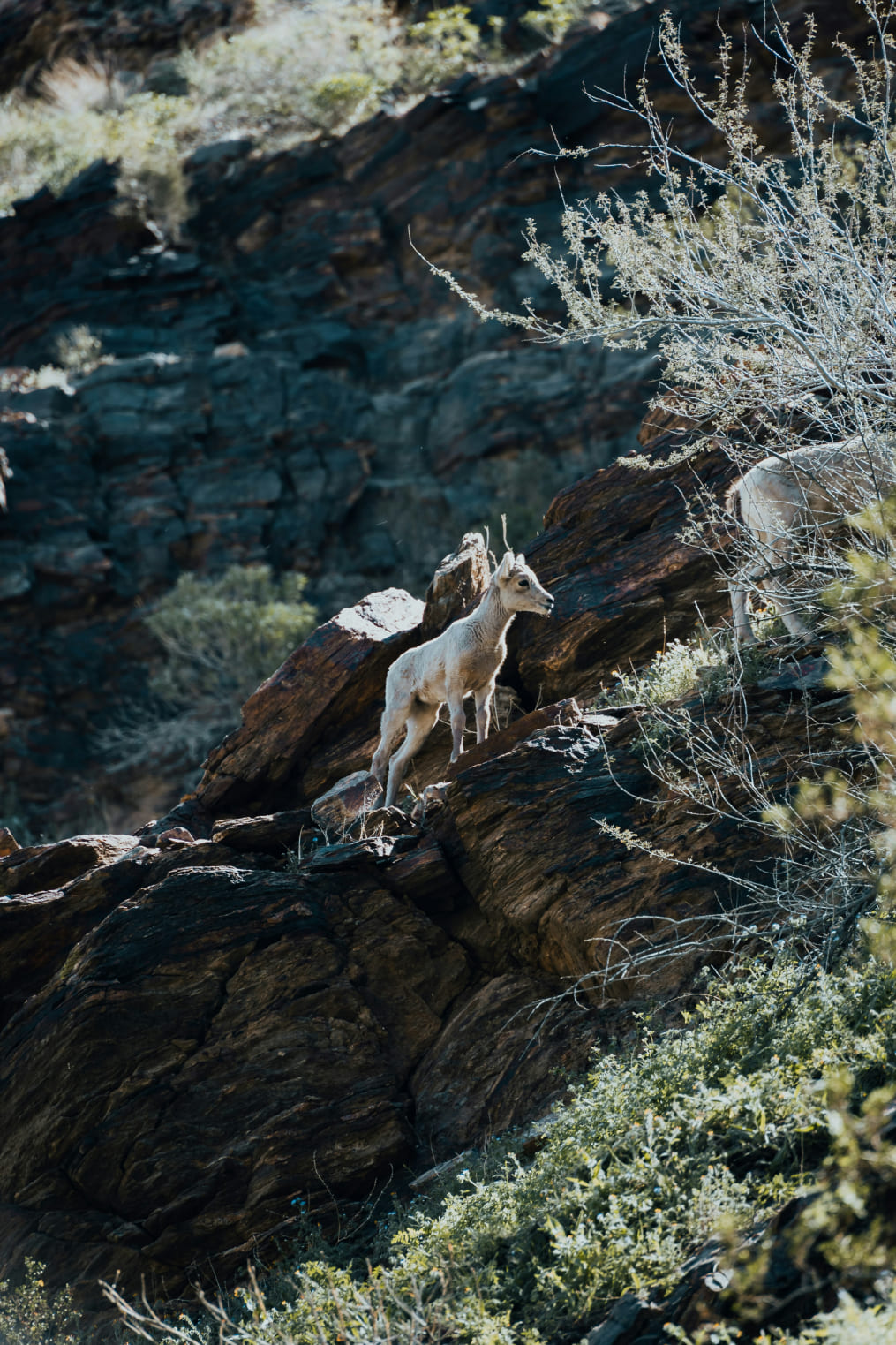Freshwater ecosystems are home to a wide variety of animals, including fish (like trout and catfish), amphibians (frogs and salamanders), reptiles (freshwater turtles and crocodiles), and mammals (otters, beavers, and hippos). Birds such as herons, kingfishers, and storks are also commonly found near freshwater habitats.
Snow Leopard
A Ghost of the Mountains
The snow leopard, often called the “ghost of the mountains,” is one of the most elusive and majestic predators in the world. Found in the high-altitude regions of Central and South Asia, this solitary feline roams the rugged terrains of the Himalayas, Altai, and Tian Shan mountains. Despite its preference for rocky cliffs and snow-covered slopes, freshwater sources such as glacial rivers and mountain streams are crucial to its habitat.

Freshwater Wildlife: Your Questions Answered
-
What types of animals live in freshwater ecosystems?
-
How do animals adapt to living near freshwater sources?Animals living in freshwater ecosystems have unique adaptations. For example, fish have gills to extract oxygen from water, while amphibians like frogs have permeable skin to absorb moisture. Birds such as ducks have waterproof feathers, and mammals like beavers build dams to create suitable habitats.
-
Why are freshwater ecosystems important for animals?Freshwater ecosystems provide critical resources like drinking water, food, and breeding grounds for countless species. They also act as natural filters, maintaining water quality and supporting biodiversity. Without these habitats, many species would struggle to survive.
Discover the Secrets of Freshwater Habitats
-
What threats do freshwater animals face?Freshwater animals face threats such as pollution, habitat destruction, overfishing, and climate change. Chemicals from agriculture and industry can contaminate water, while dam construction and deforestation disrupt natural habitats. These factors put many species at risk of extinction.
-
How do animals benefit freshwater ecosystems?Animals play vital roles in maintaining the health of freshwater ecosystems. Fish and amphibians control insect populations, while herbivores like turtles and some fish species keep aquatic plants in balance. Predators, such as otters and crocodiles, regulate prey populations, ensuring a stable ecosystem.
-
What can we do to protect freshwater animals and their habitats?Protecting freshwater animals involves reducing pollution, conserving water, and restoring natural habitats. Supporting conservation efforts, avoiding harmful chemicals, and spreading awareness about the importance of freshwater ecosystems can make a significant difference. Simple actions like cleaning up local rivers and wetlands also help!

Mark Wood
During our trip to Sri Lanka, we ventured into the Udawalawe National Park, a haven for wildlife and freshwater ecosystems. As we approached a serene riverbank, the sight of a herd of elephants bathing and playing in the water took our breath away. The Ceylon elephants, massive yet graceful, sprayed water on each other using their trunks, and a few calves timidly followed the adults into the shallows.

Kevin Copper
Last summer, I fulfilled a lifelong dream by visiting the Sundarbans mangrove forest in India. Exploring the intricate waterways of this UNESCO World Heritage Site, I hoped to catch a glimpse of its most elusive resident—the Bengal tiger. While cruising along a calm river, our guide suddenly gestured toward the shore.


















